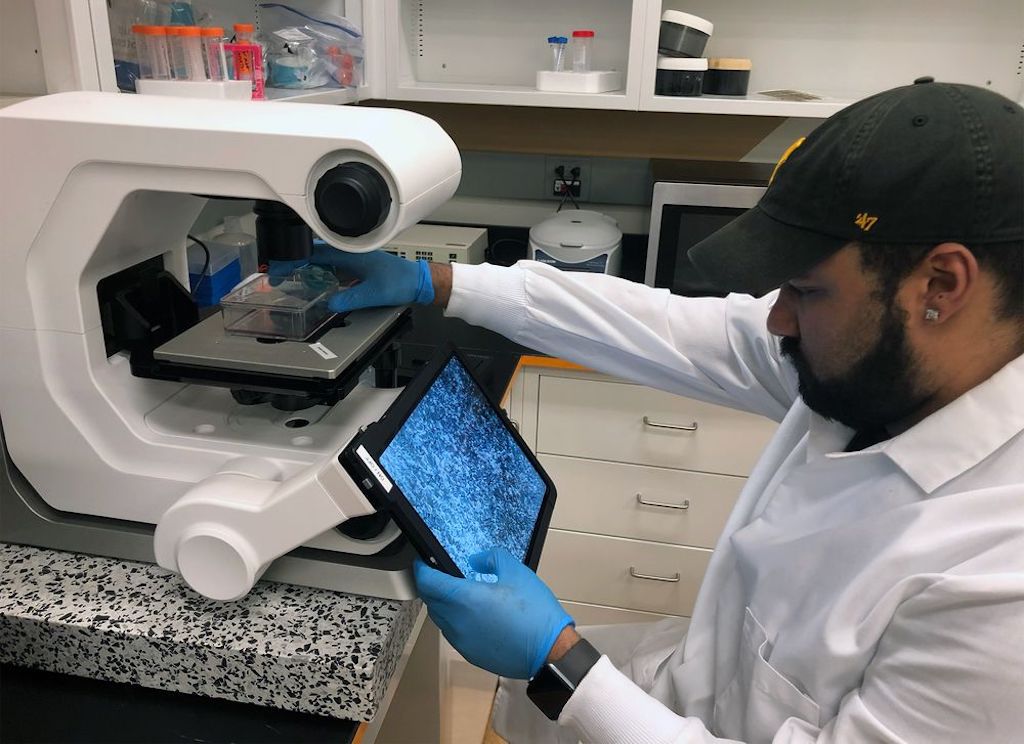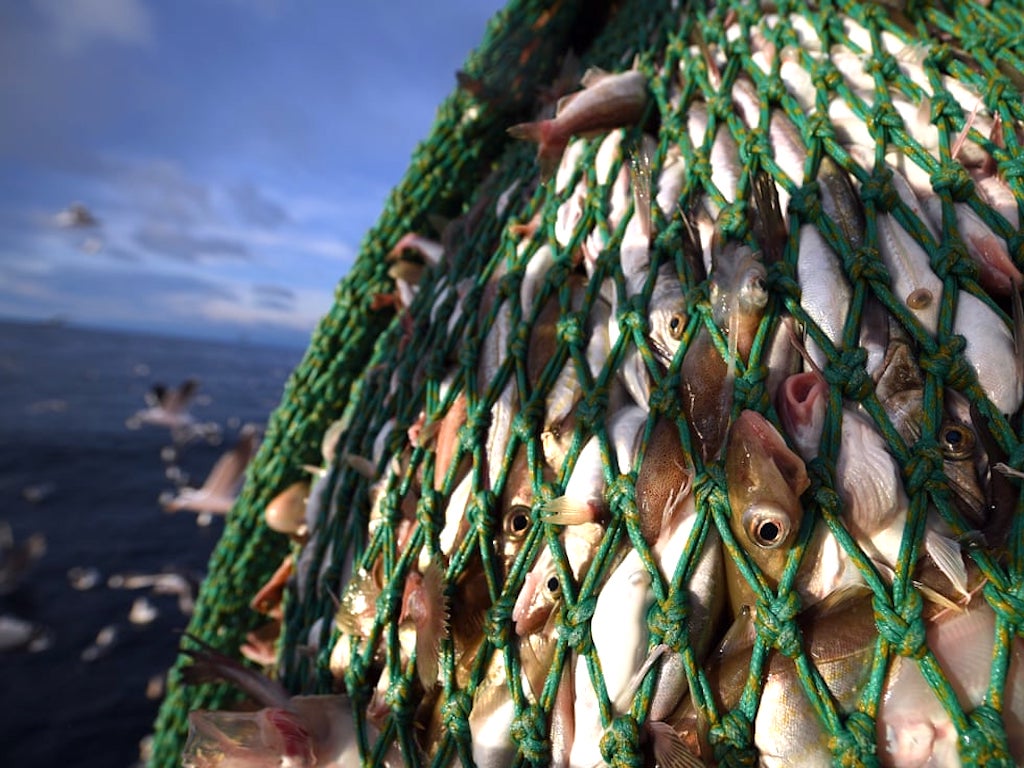Cultured Decadence Nets US$1.6M Pre-Seed & State Grant To Become First U.S. Cell-Based Shellfish Maker
4 Mins Read
Wisconsin-based Cultured Decadence cellular agriculture food tech has bagged US$1.6 million in an oversubscribed pre-seed funding round as well as the first-ever state funding in the industry to bring cell-cultured seafood to market. Currently, the startup stands as the first and only North American firm focused on developing cell-based lobster and shellfish directly from fish cells.
Cultured Decadence has closed an oversubscribed US$1.6 million pre-seed funding round – the largest pre-seed within the cellular agriculture sector – with a group of U.S. and international investors, the startup announced in early April. Joining the funding round was Bluestein Ventures, Joyance Partners, Revolution’s Rise of the Rest Seed Fund, Gener8tor, GlassWall Syndicate, Bascom Ventures and Dao Foods, the China-based alternative protein venture fund.
The Madison, Wisconsin-based cell-based food tech also announced that it has received funding from the Wisconsin Economic Development Corporation under the Center for Technology Commercialization (CTC), representing the first-ever state-backed grant to be awarded to a cellular agriculture company.
Cultured Decadence says the funding will go towards growing its team and continuing its development of cell-cultured lobster meat prototypes with the view to become the first in North America to commercialise cultured crustacean meat.
Founded in 2020, Cultured Decadence is currently the only startup dedicated to culturing shellfish and crustaceans in North America. Still in the R&D stage, the firm is in the technical processes of developing novel lobster cell lines in order to address the unsustainable demand for seafood and solve the environmental burden on wild fisheries.

We are pleased to partner with an experienced group of investors that share our vision and are eager to accelerate our technology to bring transformative seafood products to market.
John Pattison, Co-Founder & CEO, Cultured Decadence
Despite beef and lamb being the most carbon-hefty meats, wild lobster catches require fossil fuel-powered vessels that burn an estimated 10,000 litres of dirty fuel per catch, not to mention the wider human rights, animal welfare concerns and plastic pollution associated with the commercial fishing industry.
Read: Seaspiracy – ‘if you can still eat fish after watching this film, we’re not made the same’
After developing lobster, the Cultured Decadence says it will develop other cell-based seafood products from the cells of a range of shellfish, such as crab, shrimp and scallops, to make “real meat without the shell or organs” that is “indistinguishable in form and function from wild caught”.
“The way we engage with animals as a food source needs to change if we are to thrive as a planet. Our team is at the forefront of that change as we build the future of seafood a thousand miles from the nearest ocean,” said CEO John Pattison, who co-founded the food tech with CSO Ian Johnson.
“We are pleased to partner with an experienced group of investors that share our vision and are eager to accelerate our technology to bring transformative seafood products to market,” Pattison added.
Outside of North America, Singapore-based Shiok Meats is the first to pioneer cell-based crustacean meats, having debuted the world’s first cell-cultured lobster in November 2020. It has also previously developed prototypes for cultivated shrimp, and is now in the process of constructing its first commercial pilot plant.
We’re excited to join the pre-seed round for Cultured Decadence and for the potential of their technology to transform the market for seafood.
Ashley Hartman, Senior Principal, Bluestein Ventures

The wider cultivated seafood space is also still in its infancy, with companies in the sector amounting to just a handful of names. Among them are San Diego-based BlueNalu, the most well-funded cell-based seafood startup to date, Hong Kong-based Avant Meats who debuted Asia’s first cell-based fish fillet and San Francisco’s cultivated sushi-grade salmon maker Wildtype.
Berlin-based Bluu Biosciences has also joined the group recently as the only European startup developing cultured seafood, and netted an impressive US$8.25 million seed round last month to fuel its growth.
Investors are likely to be placing bigger bets on cell-based seafood firms, given that demand for fish is set to rise dramatically, with recent trends indicating that consumers are displacing red meat with seafood.
“We’re excited to join the pre-seed round for Cultured Decadence and for the potential of their technology to transform the market for seafood,” commented Ashley Hartman, senior principal at Bluestein Ventures on its recent investment. “We’ve been impressed with the team’s skill set and scientific integrity…[and] look forward to supporting their vision to create animal-free shellfish.”
Lead image courtesy of Legal Sea Foods.




